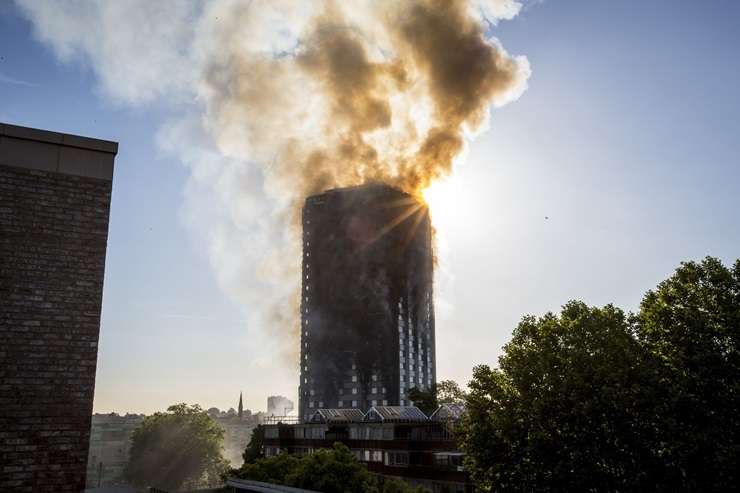With more and more apartment buildings becoming part of the urban landscape, buying into one can be a little scary as reports of leakiness and expensive reclads continue.
Lawyer Joanna Pidgeon, of Pidgeon Judd Law, said a lot of new builds have either a Master Build contract or an insurance product, which provides protection for 10 years from construction, and that is a good start.
But not all have this and there are some important things to watch out for. This includes the timing of when problems are revealed, and whether buildings have been maintained properly.
“What sometimes happens is there might be identification of a possible problem but rather than actually getting a full building survey the parties often do patch repairs or try and keep things on the down-low, so sometimes by the time people realise that there is a real problem you are past the 10 years.”
Start your property search
Read more:
- Multi-million-dollar apartments under plastic wrap again 15 years after leaky building fix
- Packed to the Rafters star Rebecca Gibney reluctantly selling her Dunedin home
- When house sales turn toxic: Why real estate agents fire their vendors
At other times people find out there is a problem and proceedings are filed but the developer has gone into liquidation.
Body corporates have tough decisions to make, Pidgeon said, such as whether to settle and then repair, or to repair after the court case.
“Often issues have arisen when they’ve settled it first, they’ve gone to repair and the costs have been higher or they have found out there are more problems.
“The classic incidence would be it’s a leaky building, start repairs and you find there’s actually a whole lot of fire issues as well so you end up with additional costs that people hadn’t anticipated when they did the settlement.”
Costs are always a big factor and her advice to owners in a building is if they find a problem not to minimise it.
“Find out. Have a complete survey. Rather than just doing little fixes, do a proper job.”
She advised where owners have taken control of a new building they get a post-occupation survey undertaken by a building surveyor to review the build.

Lawyer Joanna Pidgeon: “Just because it’s got Code Compliance Certificate doesn’t mean there might not be issues." Photo / Supplied
“Just because it’s got Code Compliance Certificate doesn’t mean there might not be issues or whatever and you want to pick them up early when the developer/when the council’s around and you’re still in that 10-year period.”
Pidgeon points out some buildings have problems not because of defects but because they have not been properly maintained, saying this is why under the Unit Titles Act there has to be a 30-year maintenance plan, which must be provided by experts.
This way owners have a better understanding of the building and how it needs to be maintained – and it is important people do understand, she said, because there are plenty of fish hooks.
“Say, for example, you have a paint treatment that has a warranty for X number of years but in order to actually get that warranty you have to chem wash it every year.
“If you’re not chem washing it every year you might have voided your paint warranty. There’s all sorts of things like this.”

The deadly blaze at Grenfell Tower, in London, in 2017 raised the issue of fire risks in apartment buildings all over the world. Photo / Getty Images
Whether it was a new building or an older one, she said to make sure the people hired knew what they were doing.
“Make sure there's a complete solution, not a patched solution because sometimes for cost reasons people go for more of a temporary solution rather than a complete solution. Be mindful of that.”
For new buyers, also important to find out is whether the body corporate has been putting away money in the long-term maintenance fund every year because without that “it’s just your good or bad luck” if you are an owner at the time of an issue or repair.
That could be the life of a lift, for example, or the air conditioning could be coming up for renewal or repair, and often there are a number of things which come up at the same time.
A maintenance fund ensures the new owner is not paying for the mistakes, or just the usage, of the people that lived there before them.
“You want to see a good long-term maintenance plan hopefully that is funded so that the past owners haven’t been kind of freeloading and then a purchaser comes in and depending on the age of it there might be some reasonable capital expenditure required.”
New disclosure measures make the process more transparent for new buyers, with body corporate minutes having to be provided upfront.
But Pidgeon said people should make sure they use a lawyer experienced in apartments who can be alert for items and question them.
- Click here to find properties for sale


















































































